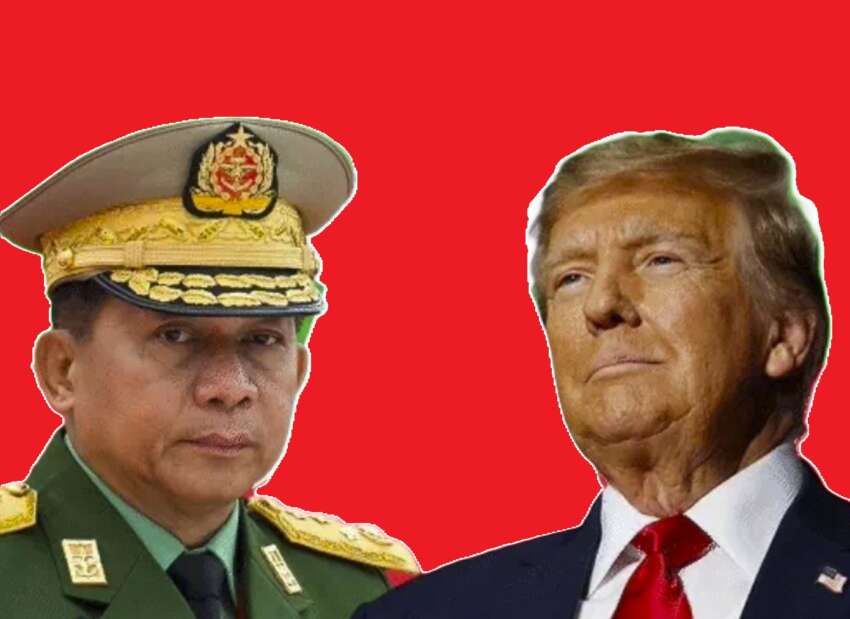
U.S. President Donald Trump has designated five countries, including Myanmar, as having failed to meet their international drug control obligations. The announcement, made on September 15, identified Afghanistan, Bolivia, Colombia, and Venezuela alongside Myanmar as countries that have failed to adhere to their responsibilities under international narcotics control agreements during the past 12 months. This designation could potentially affect U.S. assistance related to counter-narcotics efforts to these nations.
According to the presidential determination, these countries have demonstrably failed to make sufficient efforts to meet their obligations under international counter-narcotics agreements. The announcement specifically highlighted that these nations had not fulfilled their duties as outlined in international drug control treaties over the previous year. This designation is particularly significant as it may impact various forms of U.S. assistance programs aimed at combating drug trafficking in these countries. The U.S. law requires the president to annually identify countries that have failed to meet their international counter-narcotics obligations or are major drug transit or producing countries.
In particular, regarding Venezuela, the U.S. military has been actively engaged in counter-narcotics operations, including the destruction of vessels suspected of drug trafficking. The designation process is part of the United States’ broader strategy to combat international drug trafficking and requires designated countries to demonstrate their commitment to meeting international drug control standards. The announcement emphasizes the importance of international cooperation in addressing global drug trafficking challenges and highlights the U.S. government’s commitment to holding nations accountable for their role in combating the international drug trade.



